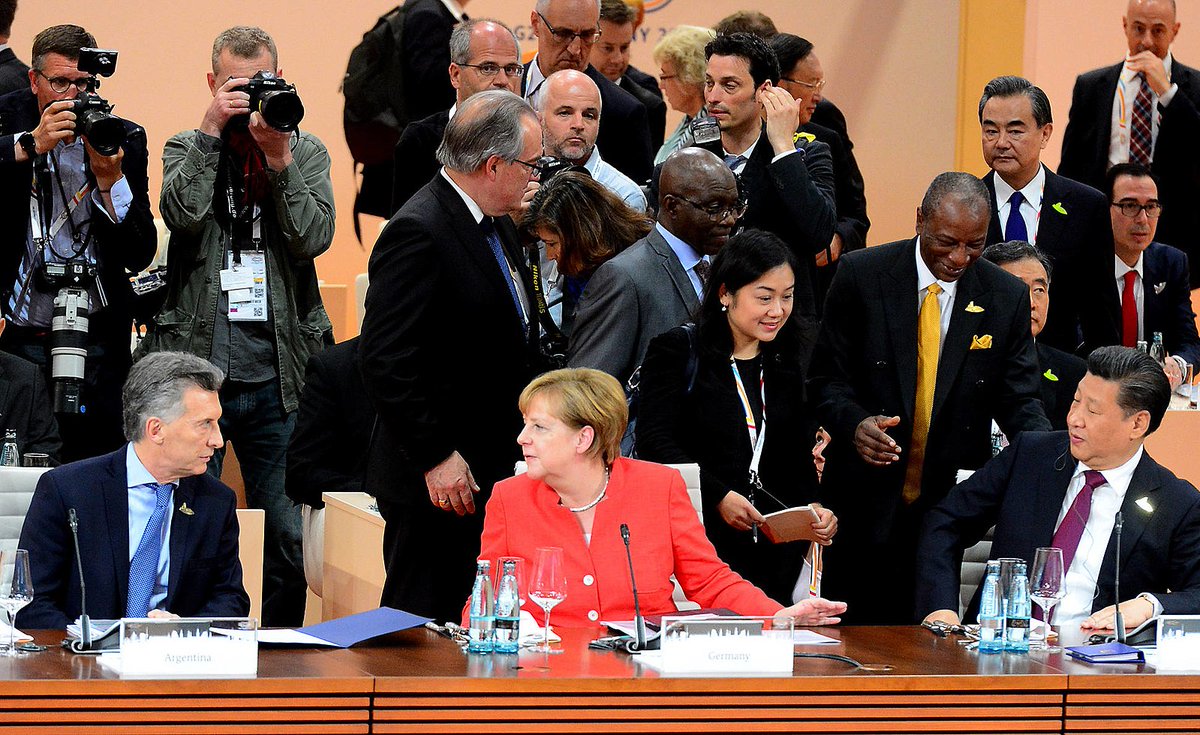
This was rather predictable. Following the publication of @edwardlucas Weekend Essay in @thetimes colleagues of mine have received malicious email communications which attempt to smear my professional reputation. 1/10
thetimes.co.uk/article/our-un…
thetimes.co.uk/article/our-un…
The malicious email was sent from a spoofed email account in @lukedepulford's name. It states “Please keep an eye on Professor Fulda. over the next few weeks. He’s been showing sign of psychological issues that are symptomatic of delusional negative repetitive thoughts”. 2/10
So what is happening here? State agents and/or non-state agents acting on behalf of the Chinese Communist Party (CCP) incur penalties for public statements which they consider hostile to the interests of the Chinese party-state. 3/10
Spoofed emails like the one which my colleagues have received are sent to a wide range of recipients in the hope of stirring up controversy. Such cyber attacks force victims to publicly state that they are subject to a cyber bullying and smear campaign. 4/10
While the vast majority of family and colleagues are generally understanding, being forced to go public about the endured abuse increases the reputation risks for speaking up against the CCP. And it is not nice to be bullied after giving an interview to a British journalist. 5/10
Ed Lucas has suggested in his @thetimes essay that M15’s Joint State Threats Assessment Team could gather information about incidence of pressure. To me it is clear that we need the involvement of our British security agencies, not to regulate academia but to investigate. 6/10
JSTAT should investigate when academics critical of authoritarian regimes are being subject to active measures. Only M15/GCHQ have the manpower and technical means to investigate. A new Ombudsman for Foreign Interference tasked with informing JSTAT could be a solution. 7/10
I have already informed the Foreign and Commonwealth Office China Desk @FCDOGovUK as well as the UK Cabinet Office @cabinetofficeuk about this incident. Let's be very clear about one thing: they will not stop unless stopped. 8/10
The best way forward is for civil society, academia & state agencies to work together in order to find solutions to the growing scourge of foreign interference in British higher education. We need a democratic united front in defence of academic autonomy & freedom of speech. 9/10
If you would like to learn more about this ongoing cyber bullying and smear campaign see my published FCO memo from 1 May 2020 /End
https://twitter.com/AMFChina/status/1256088205998411776?s=20
• • •
Missing some Tweet in this thread? You can try to
force a refresh







